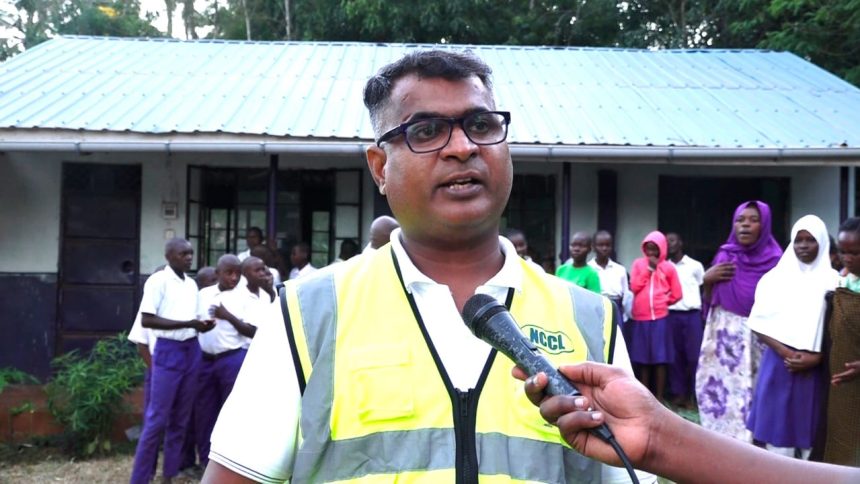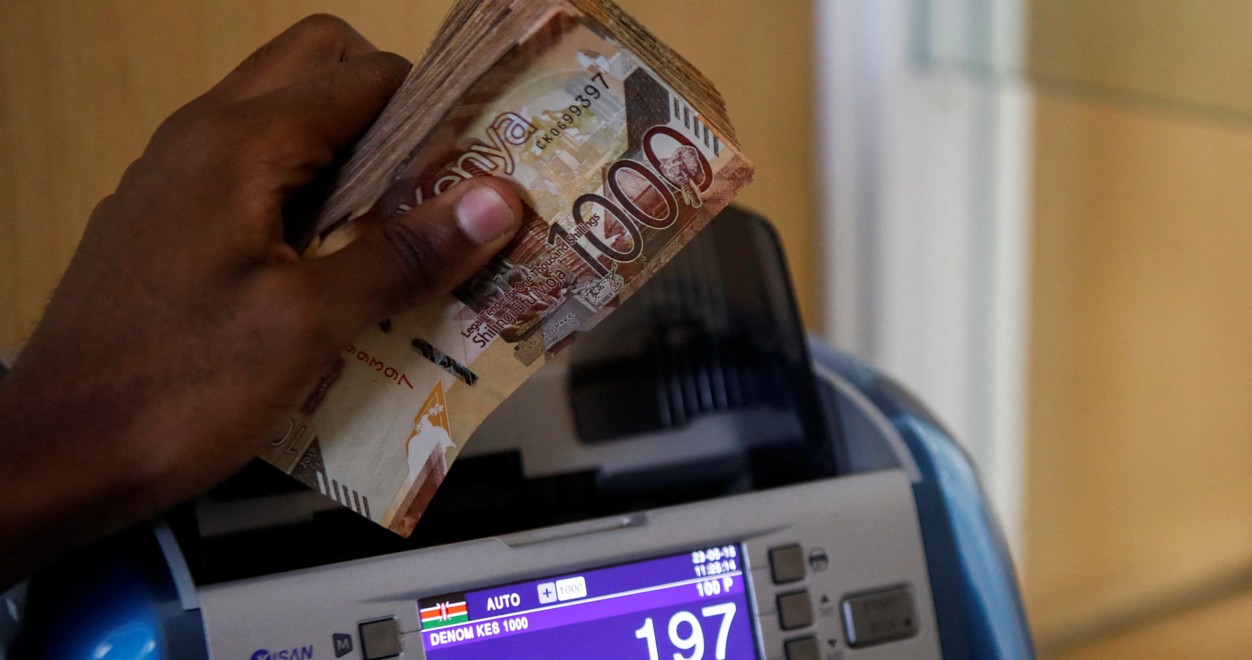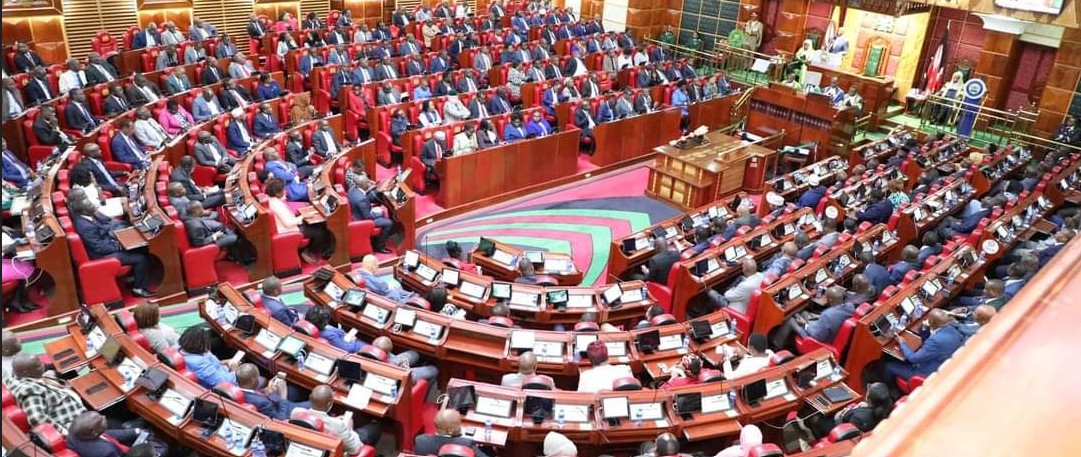School feeding programme launched for 7,000 learners in Kilifi, Kwale

The programme seeks to address challenges related to student retention and concentration, particularly for children from disadvantaged backgrounds.
Over 7,000 primary school learners from 12 selected schools in Kilifi and Kwale Counties are set to benefit from a year-long school feeding programme aimed at improving attendance and academic performance.
The initiative, spearheaded by the Devki Group of Companies through its National Cement Company Limited subsidiary, will provide free lunches to pupils in these coastal counties. The programme seeks to address challenges related to student retention and concentration, particularly for children from disadvantaged backgrounds.
More To Read
- Sakaja appeals for extra funds to expand Dishi na County to informal schools
- Free daily meals for learners on the horizon as governors pushes national feeding programme
- 2.6 million children at risk as school feeding budget slashed by Sh2 billion
- Treasury’s Sh600 million budget cut threatens school feeding expansion
- First Lady Rachel Ruto revives national school milk programme to boost nutrition
- Lamu parents want school feeding programmes introduced to curb absenteeism
Speaking during the food distribution event in Rabai Sub-County, Devki Group Administrator Peter Paul highlighted the significance of the initiative. "Through the Devki Charitable Trust Feeding Programme, we have included schools in areas that may or may not be directly impacted by our mining and plant operations. This is part of our Corporate Social Responsibility," he said.
The programme will support 3,000 learners in Kilifi County and 4,000 in Kwale County, with food items worth KSh 2.7 million distributed to schools each term. While food supplies were provided for the initial term, Paul noted that future terms would involve direct funding to schools for procurement.
"From next term, cheques will be issued to schools, enabling them to source food items. My office will closely monitor the programme by verifying records and capturing reports from the school management to ensure transparency," he added.
Paul emphasised the importance of integrity in the management of the programme. "School administrations must ensure that the feeding programme benefits the learners. Parents should not be asked for any payments," he stated, reaffirming the Group Chairman Narendra Naval’s commitment to sustaining the initiative indefinitely.
Deputy Head Teacher of M’mbongoni Primary School, Derrick Karisa, expressed gratitude for the programme, citing its impact on student attendance and concentration. "We’ve witnessed improved attendance because learners are assured of a meal at school. It also helps them focus better in class, particularly during afternoon lessons," he said.
Karisa added that hunger often affects learners’ ability to concentrate, with some skipping school entirely due to a lack of food. "This programme will sustain them and ultimately boost academic performance," he noted.
Similarly, Jackline Kanini, Head Teacher of Maireni Comprehensive School, commended the programme for its role in enhancing nutrition and exam performance. She pledged accountability for the resources provided by the company.
Parents, too, welcomed the initiative. Joyce Kumbe, a parent of one of the beneficiaries, highlighted the programme’s role in addressing broader social issues. "This ensures girls remain in school and are not vulnerable to exploitation by predators due to poverty," she said.
Assistant County Commissioner for Kambe-Rabai Division, Susan Njerenga, lauded the initiative for supporting the government’s 100 per cent transition policy in schools. She urged parents to ensure their children attend school consistently and called on school management boards to ensure the food reaches the learners.
"We will be closely monitoring this programme to ensure its success," she affirmed.
The feeding programme is expected to have a lasting impact on the education of children in the region, particularly in enhancing retention rates, academic focus, and overall well-being. For many families, the initiative offers much-needed relief and an incentive to prioritise education amidst financial challenges.
By addressing hunger-related barriers to learning, the programme aims to foster a conducive learning environment for thousands of pupils, paving the way for a brighter future.
Top Stories Today













































